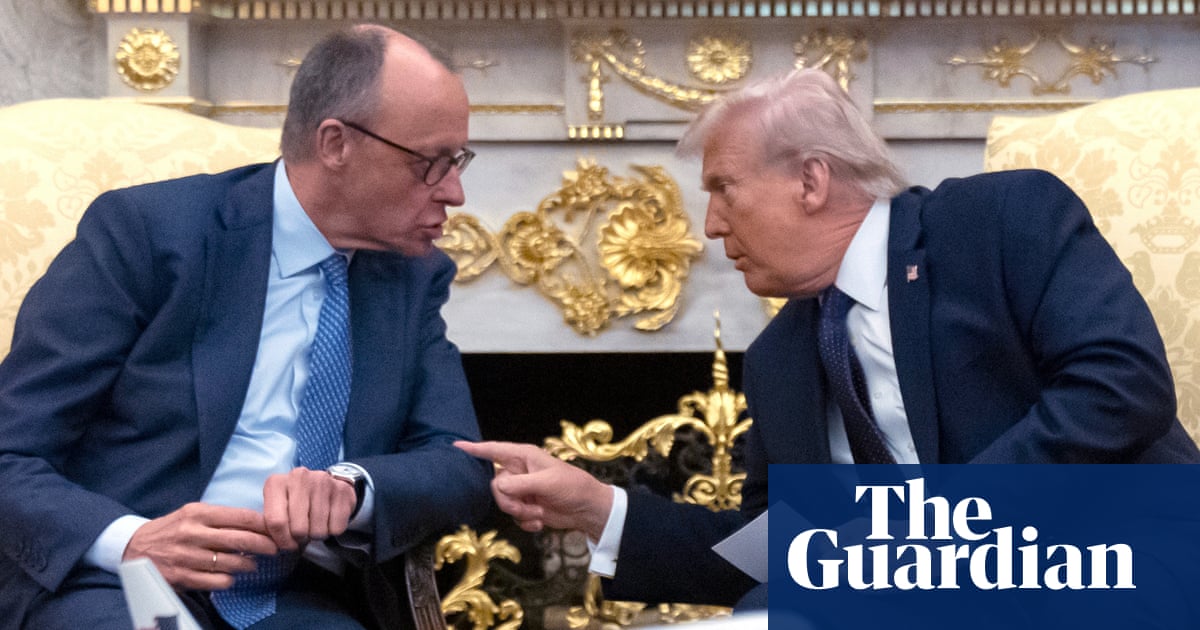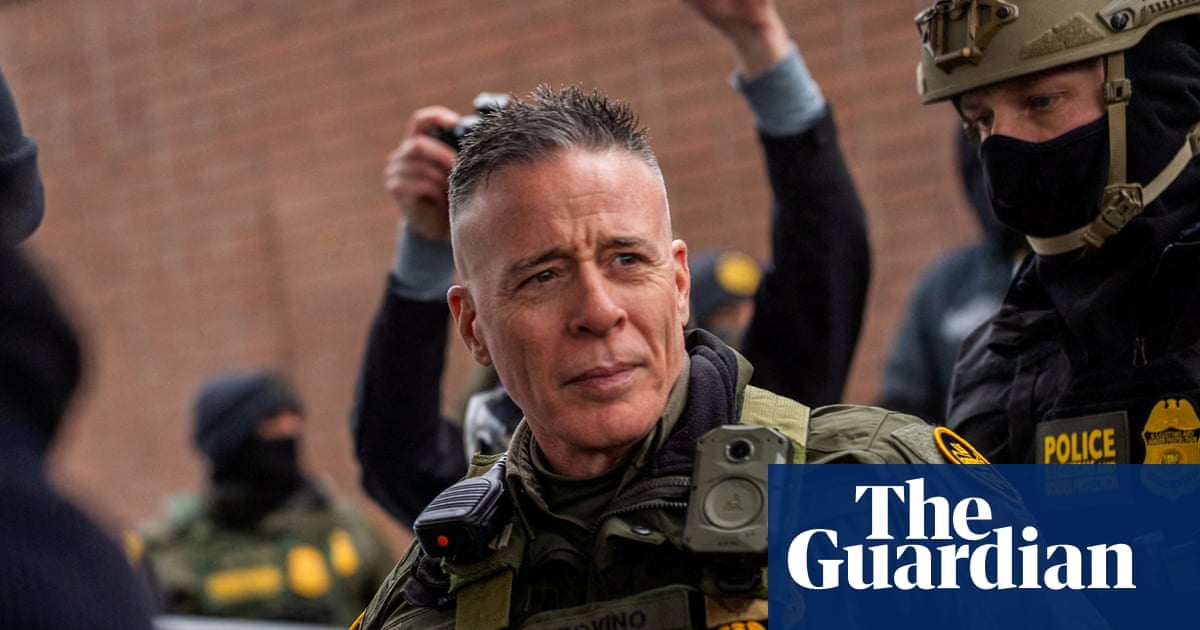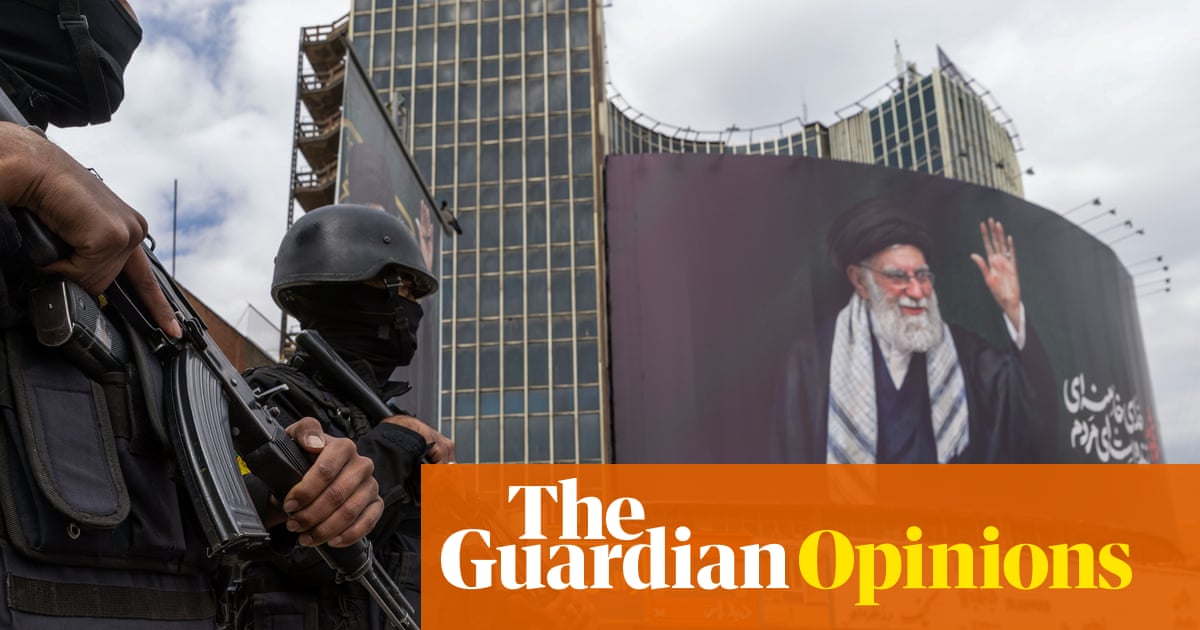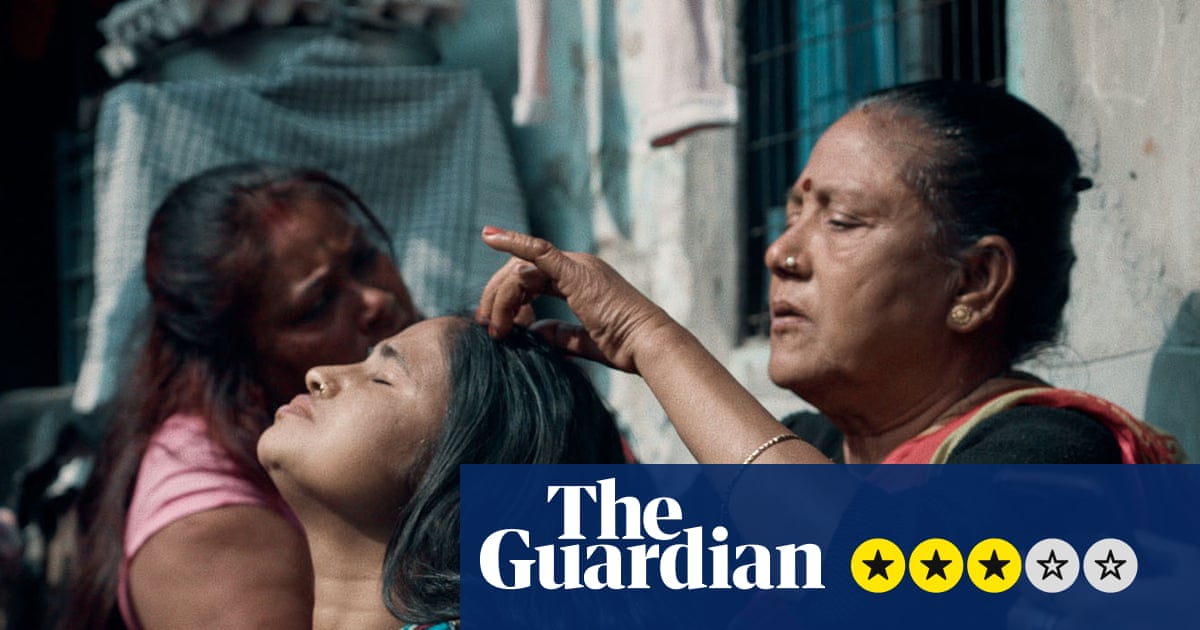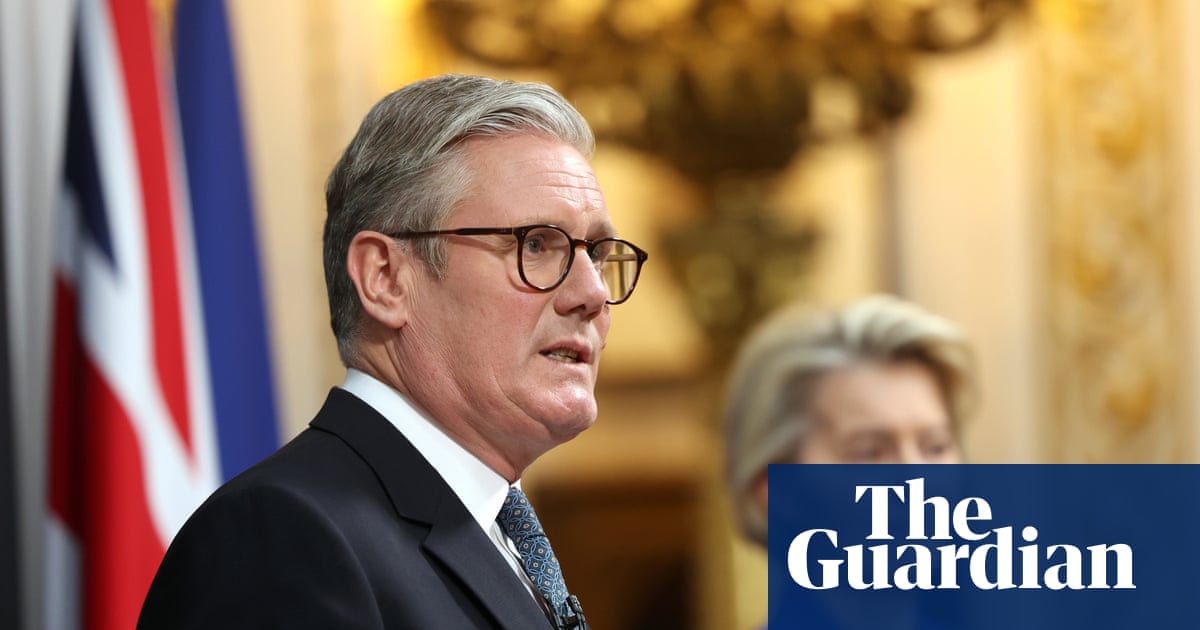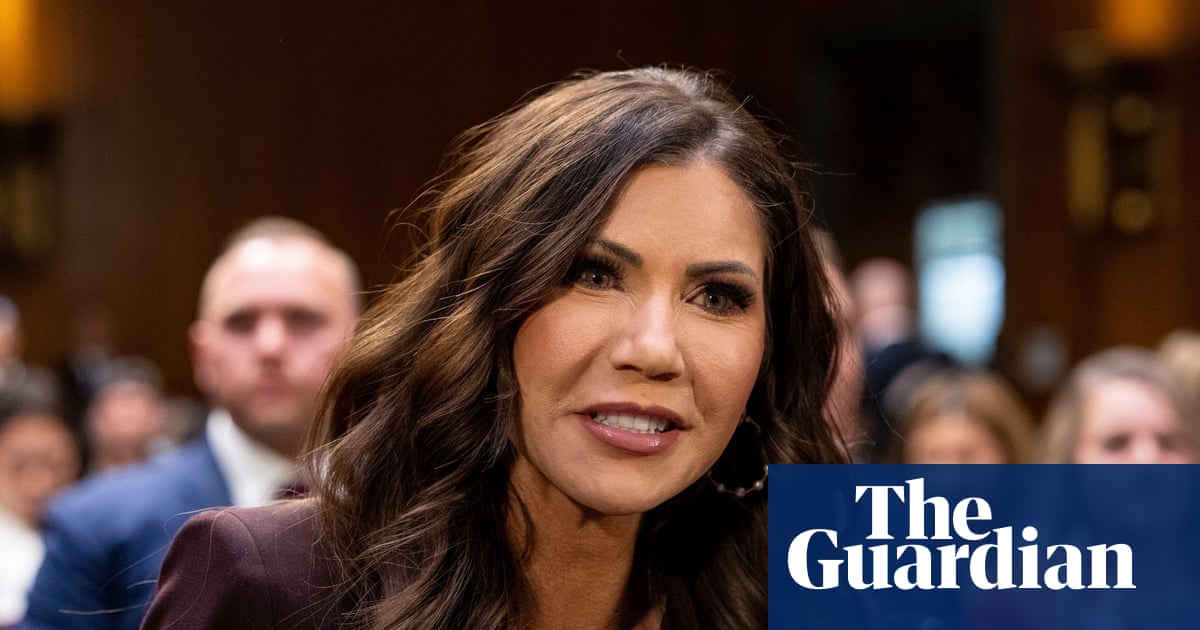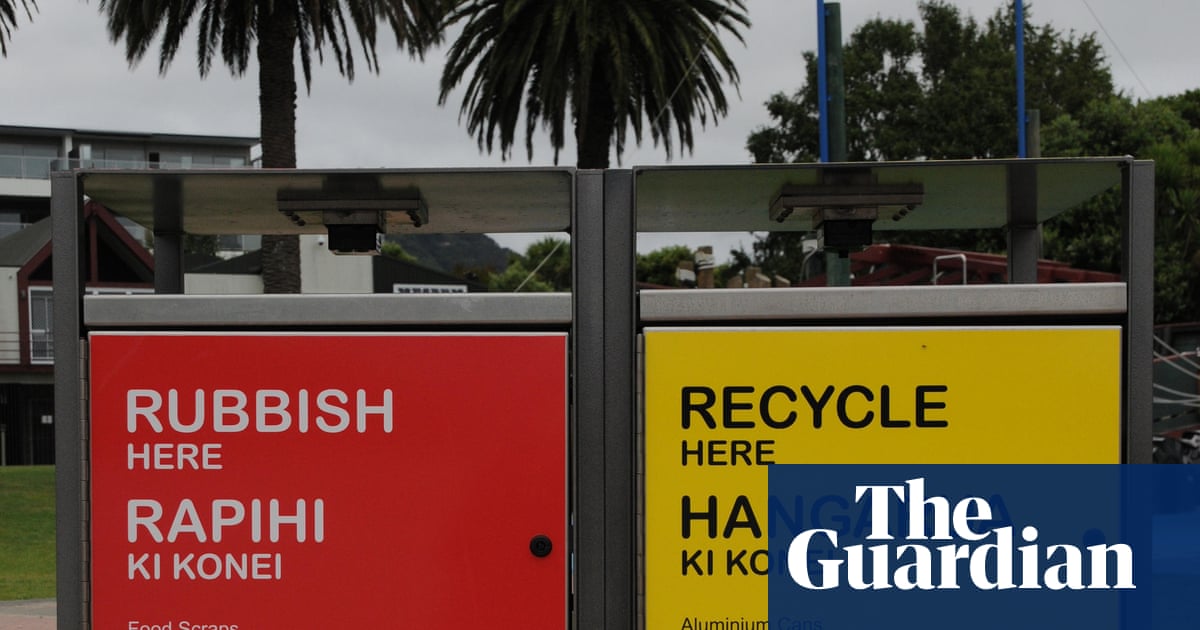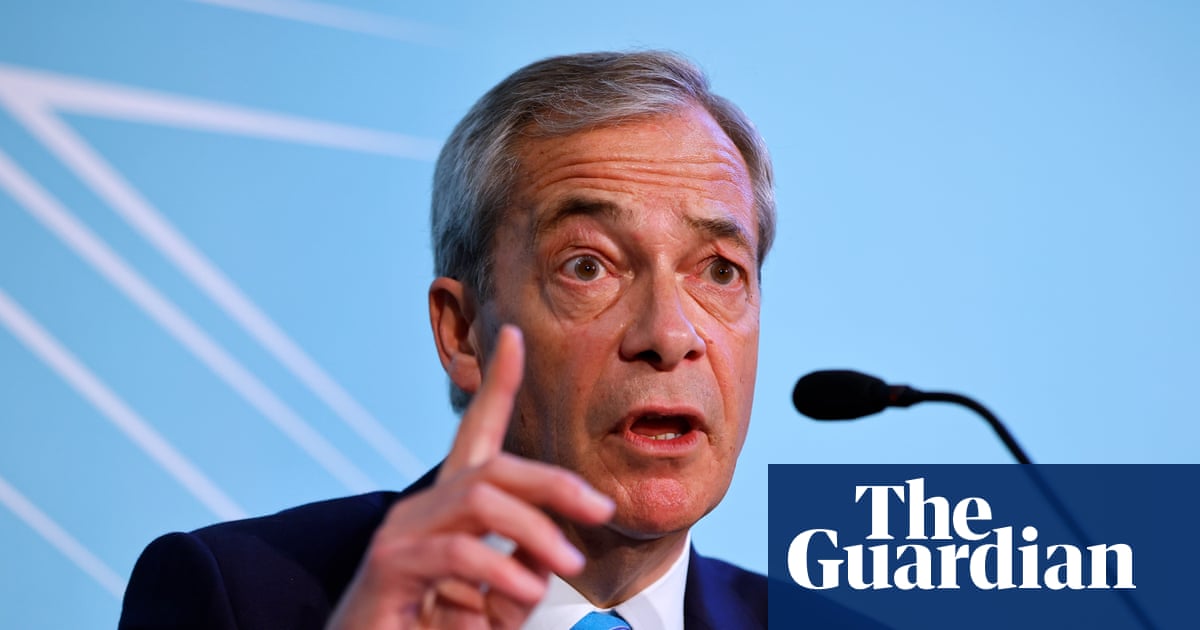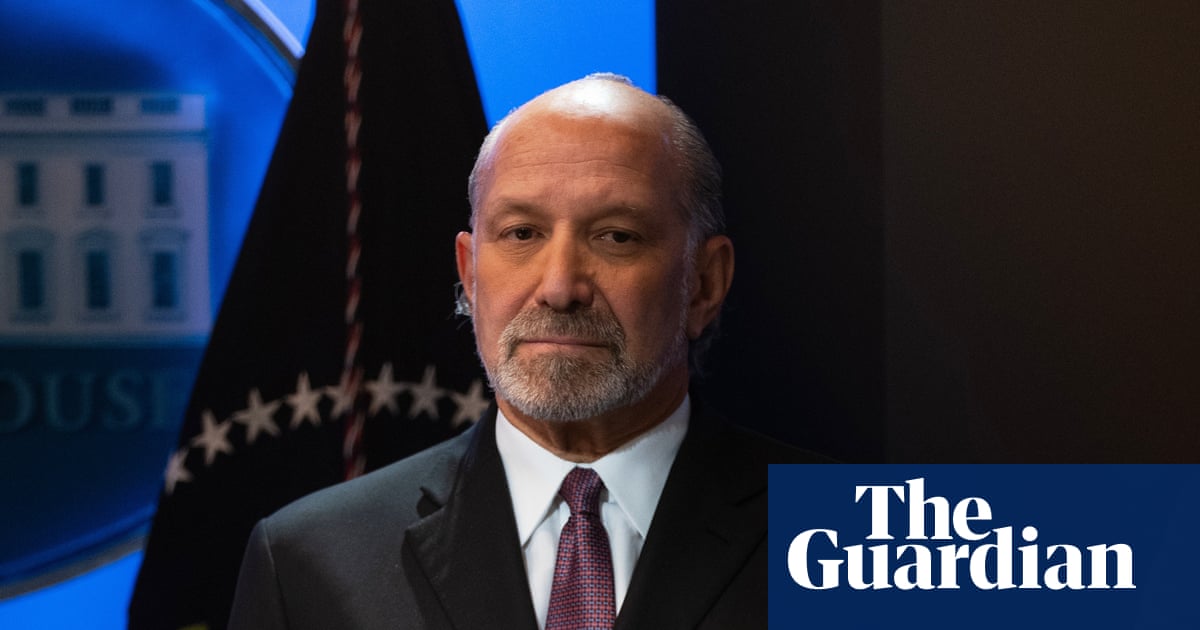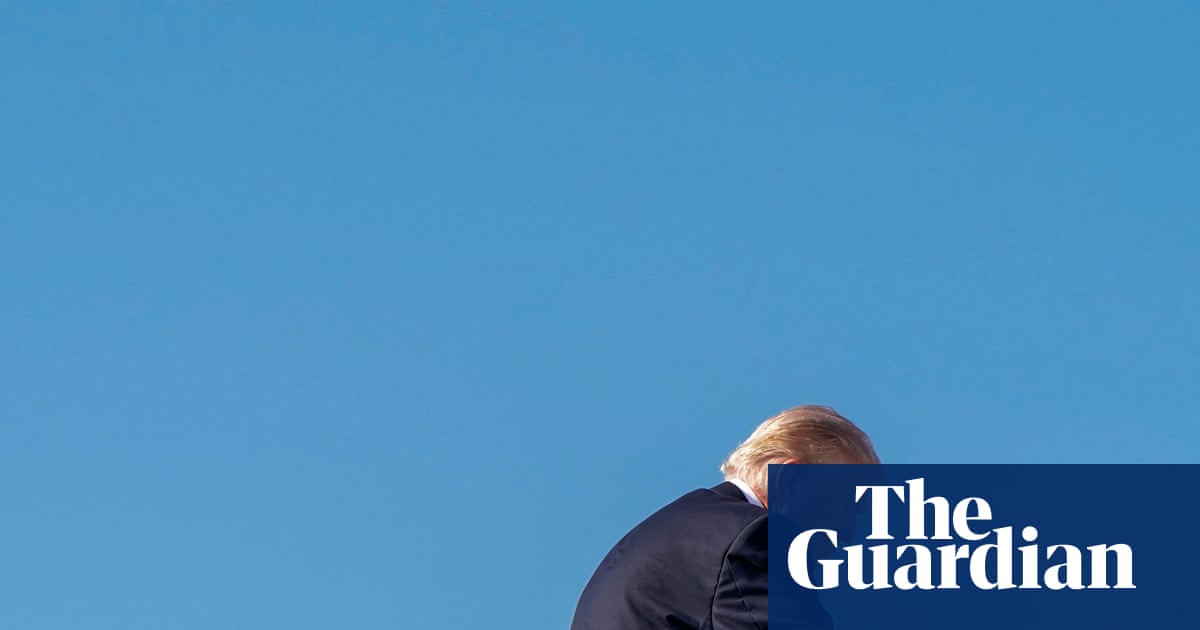A row over the definition of the term “gender” threatens to bog down pivotal talks at the Cop30 climate summit.
Before the UN talks in Brazil, hardline conservative states have pushed to define gender as “biological sex” over their concerns trans and non-binary people could be included in a major plan to ensure climate action addresses gender inequality and empowers women.
Gender rights advocates said the move would backslide on decade-old language within the UN system.
“These are unprecedented times to negotiate on gender equality and women’s empowerment,” said Lorena Aguilar, the executive director of the US-based Kaschak Institute for Social Justice for Women and Girls, and Costa Rica’s former vice minister for foreign affairs.
“There are some countries that want to push us back to 30 years ago. But we will not accept anything less than what we already have.”
At Cop30, countries are due to agree on a gender action plan to mainstream the experiences of women in climate action, and make the design of climate policy more inclusive.
Many countries are now preparing to define the term “gender” in the plan.
Climate change amplifies inequalities, making the most disadvantaged and marginalised people also the most vulnerable and least likely to be able to adapt. Women are disproportionately affected by the impacts of climate breakdown, often because of their caring responsibilities and lack of power in society.
In the climate negotiations, gender talks aim to address men’s and women’s different experiences of climate change, and countries have interpreted the discussions based on their national laws and cultural contexts.
But a global rollback of women’s rights and a growing backlash against gender equality have seen governments like that of far-right president Javier Milei in Argentina start questioning the legitimacy of the word “gender”.
In preparatory talks for Cop30, Argentina and Paraguay requested the inclusion of footnotes in an informal note on the state of the negotiations to clarify their understanding of gender as referring to the female and male sexes.
The Vatican, which rarely intervenes in climate negotiations, called for a reference to “sex” rather than “gender” during discussions on the need for disaggregated data.
Saudi Arabia, Russia, Iran and Egypt have previously opposed references to gender, which is widely understood to reflect their opposition to the inclusion of trans and non-binary people.
The US was absent from pre-Cop30 talks and Donald Trump, whose administration has repeatedly attacked women’s reproductive rights and is pulling the country out of the Paris climate accord for the second time, is not expected to send a delegation to the negotiations in Belém.
Claudia Rubio Giraldo, of the Women’s Environment & Development Organization, which advocates for gender issues in the climate talks, said claims that the consensus-based negotiations are imposing an understanding of what gender means are “disingenuous”.
“This attempt to impose a narrow definition of gender is a way to stall the negotiations, to burden the process and block more ambitious conversations,” she said.
In contrast, some western delegations such as those from the EU, Norway and Canada want to broaden the scope of the discussion. They have called for language on “intersectionality”, references to women and girls “in all their diversity” and “gender-diverse” people. But this is also being met with strong pushback.
Women’s rights advocates said governments should have a conversation on climate change and gender that supports everyone in society to respond and adapt to a warming world, taking into account peoples’ diverse identities and socioeconomic circumstances.
“As women, we are not all the same,” said Aguilar. “In some countries, gender-responsive climate action is the difference between living and dying.”
after newsletter promotion
In many parts of the world, women must work harder and travel further to secure food and water for their families when climate impacts make resources scarce.
By 2050, climate change may push up to 236 million more women and girls into food insecurity compared with 131 million more men and boys, according to UN Women.
Studies have found that climate change is driving a surge in gender-based violence and in some countries, researchers have linked extreme weather events with an increase in child marriages.
Women play a critical role in helping to design effective climate policy. Yet, they are often excluded from decision-making and still face hurdles to participate in the UN climate talks.
Chikondi Chabvuta-Mkawa, a women’s rights advocate from Malawi and the gender coordinator for a group of the 44 nations designated as “least developed countries”, said the row over the definition of gender was a distraction from ensuring measures to address inequalities are funded.
Only a small fraction of climate finance is flowing to projects aimed at addressing gender equality and women’s rights. In 2022, just 4% of government aid going to climate adaptation had a primary focus on gender.
Developing countries want wealthier nations to help them finance measures that make gender considerations core to climate action.
But wealthy nations argue that such decisions should be made in the finance negotiating rooms, not the gender rooms.
“Financial and technical support is critical for us,” said Chabvuta-Mkawa. “Time and time again, women’s groups go unfunded and we end up in a cyclic poverty trap, which could be broken if the gender lens was applied to climate action,” she said.
“Without a gender perspective, climate action is not effective,” Vanessa Dolce de Faria, Brazil’s high representative for gender affairs, said in a social media post.
“We have a historic window of opportunity to further consider the rights and challenge that women and girls face in relation to climate change.”

 3 months ago
110
3 months ago
110

